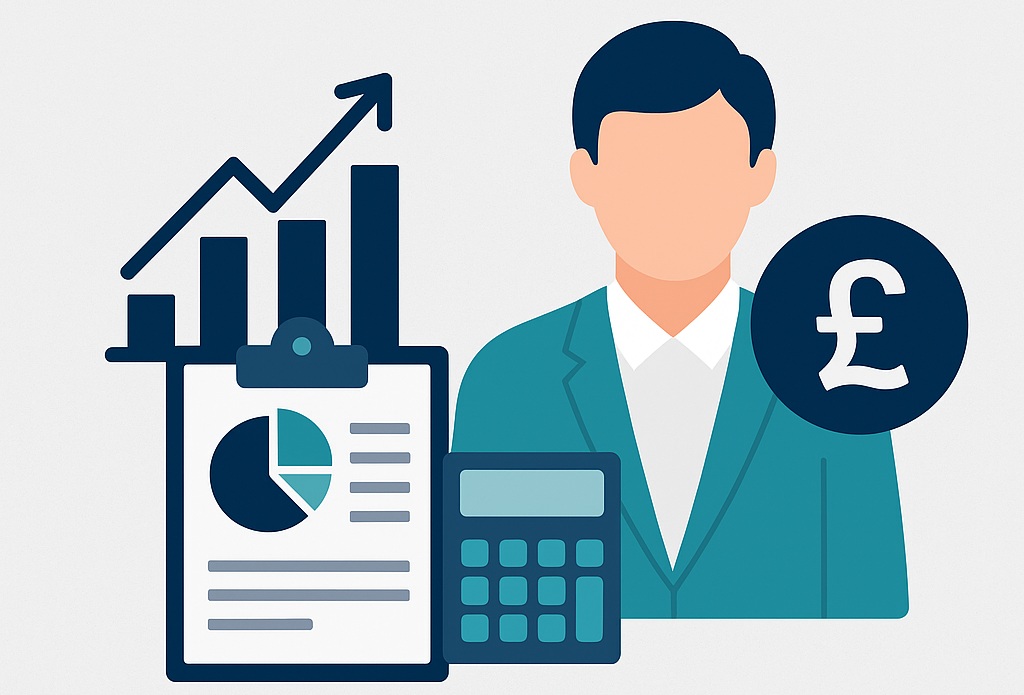Despite the uncertainties arising from the pandemic, now is actually a good time to set up a new company in the UK. Why? Because the Government’s EIS and SEIS schemes offer benefits to startups, growing SMEs, and private investors.
The Enterprise Investment Scheme (EIS) and Seed Enterprise Investment Scheme (SEIS) are designed to boost innovative, dynamic businesses by giving investors significant tax breaks if they invest under either EIS or SEIS.
For the companies involved, they can raise venture capital more easily, and for their investors, there are significant amounts of money they can claim back on their income tax.
How Does EIS and SEIS Work?
Under both schemes, eligible companies can attract investment that gives tax relief to the investors.
EIS is designed to help SMEs grow, whereas SEIS is aimed at startup companies.
Under EIS:
- The investor gets 30 per cent income tax relief
- They pay no capital gains tax on any profits they make from the investment
- If they make a loss, they can offset this against their income tax
- Shares bought through EIS attract no inheritance tax
Under SEIS:
- The investor gets 50 per cent income tax relief
- They pay no capital gains tax on any profits they make from the investment
- They can offset losses against their income tax
- They can claim extra capital gains reinvestment relief of 50 per cent on tax paid on other investments if they reinvest this in a SEIS company
- SEIS shares attract no inheritance tax.
How Much Money Can Investors Put In?
Under EIS, investors can invest a maximum of £1 million a year. Generally, they must hold onto shares for at least three years for them to be eligible for EIS tax relief.
Under SEIS, investors can invest a maximum of £100,000 a year.
The total amount of money a company can raise during the lifetime of each scheme is £12 million for EIS, and £150,000 for SEIS.
If a company has received any de minimis state aid during the previous three years up to applying for EIS or SEIS, it may not qualify for the full amount under either scheme.
Who Is Eligible for EIS and SEIS?
EIS companies must have:
- Been trading for under seven years
- Fewer than 250 employees
- No more than £15 million in gross assets
For EIS companies that are knowledge intensive, involved in research, development or innovation, these upper limits are higher.
SEIS companies must have:
- Been trading for under two years
- Fewer than 25 employees
- No more than £200,000 in gross assets
The schemes are for private individuals only to invest in.
The shares that companies issue under these schemes must be ordinary shares, with no preferential rights.
To qualify for EIS or SEIS, a company must have a permanent UK establishment, be unlisted on the stock exchange, and must be neither controlled by nor be controlling, any other company.
SMEs and startups that attract investment through these schemes must spend the money on qualifying business activity, on preparations for carrying out this activity, or on research and development that will lead to it.
Broadly, a qualifying activity is:
- Where the company is carrying out trade in pursuit of profit, and
- Doesn’t involve any substantial amount of excluded activities.
There are various excluded activities, which companies cannot attract investment under EIS or SEIS.
These include trading in land; banking, insurance or money-lending; legal or accountancy services; property development; and generating and exporting electricity.
You should check carefully about the eligibility of your business activities before applying to HMRC.
To attract investors, you’ll need confirmation of eligibility first from HMRC, known as advance assurance.
EIS Benefits and SEIS Benefits
Startups can find it challenging to raise money, but EIS and SEIS can help them attract equity investment at an early stage when they need it to fund their growth.
Investors can enjoy the benefits of highly attractive reliefs on income tax and capital gains tax.
They can also get additional relief should they lose money on their investment.
We’re cloud-based accounting specialists helping startups and SMEs grow and thrive.
For more details about EIS and SEIS, and how these schemes could benefit your business, please call us on 020 8088 2590, email enquiries@vennaccounts.com or fill in our contact form and we’ll be in touch as soon as possible.





